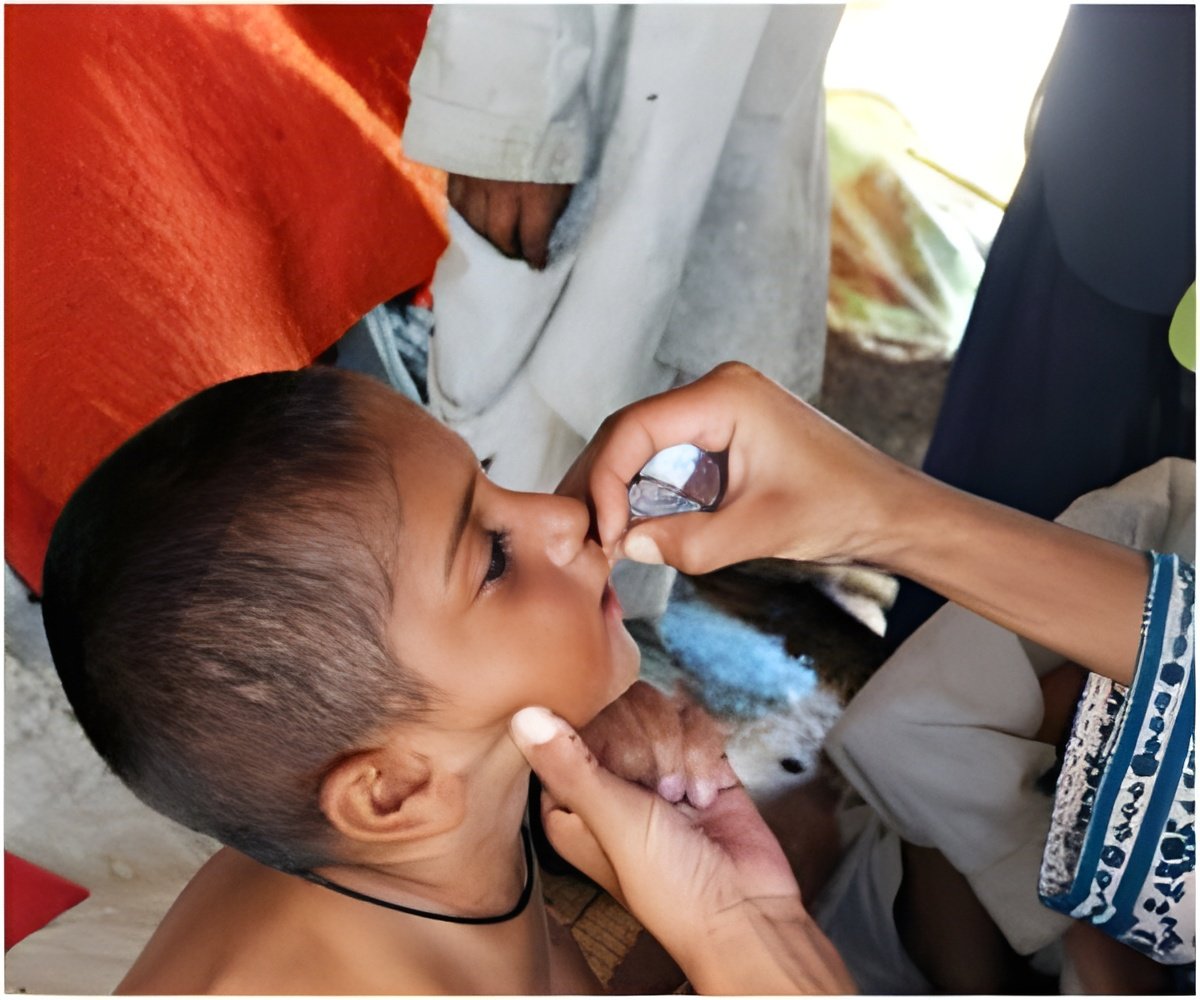Little attention is being paid to the ethical issues that surround global health impact of counterterrorism as the surge in murders of polio vaccination workers in Pakistan are making headlines

"Counterterrorism frameworks promulgated by the United States and adopted by other countries are also implicated in undermining population health," write the authors, Lisa Eckenwiler, associate professor of philosophy and health administration and policy at George Mason University, and Matthew Hunt, an assistant professor in the School of Physical and Occupational Therapy of McGill University. "Policies that prohibit a wide range of activities regarded as providing material support to terrorists have adversely affected health program and funding." Counterterrorism-related harms also exacerbate global health inequities.
"Populations in places like Afghanistan, Pakistan, Somalia, and Yemen – already vulnerable by global health standards – are more precariously positioned as a result of the war on terror," the authors write. The authors identify profound moral distress and fear among humanitarian and health workers who are professionally committed to neutrality and independence and yet are treated as tools in the war on terror. "As the global war on terror has evolved – or devolved – the military's effort to 'win hearts and minds' through such strategies as providing medical care to local populations has situated military medical personnel in the midst of ethical controversy," they write.
"Deploying health services for the sake of advancing strategic aims seems to violate obligations at the core of health professionals' identity, including the obligations to respect patients as ends in themselves, to avoid treating them as instruments for other purposes, and to serve their particular health interests rather than state interests. "The authors conclude that the most pressing policy issue is how to integrate concern for health in efforts to prevent terrorism: "Identifying threats to global health posed by counterterrorism strategies, analyzing them in relation to anticipated gains, and determining the proper assignment of responsibilities for harms done to health and health systems are morally pressing tasks that existing structures and processes lack the capacity to carry out."
Source-Eurekalert






